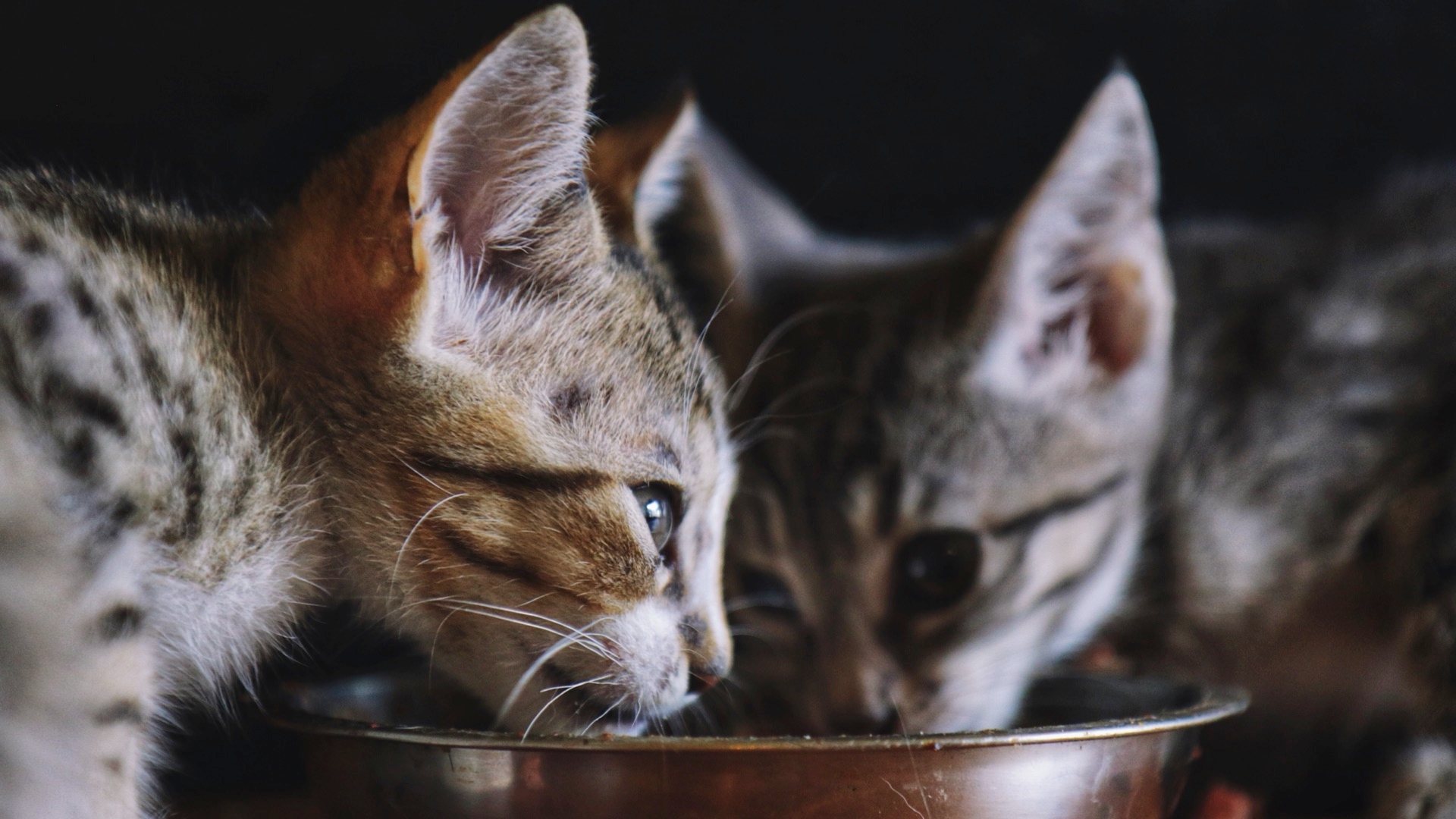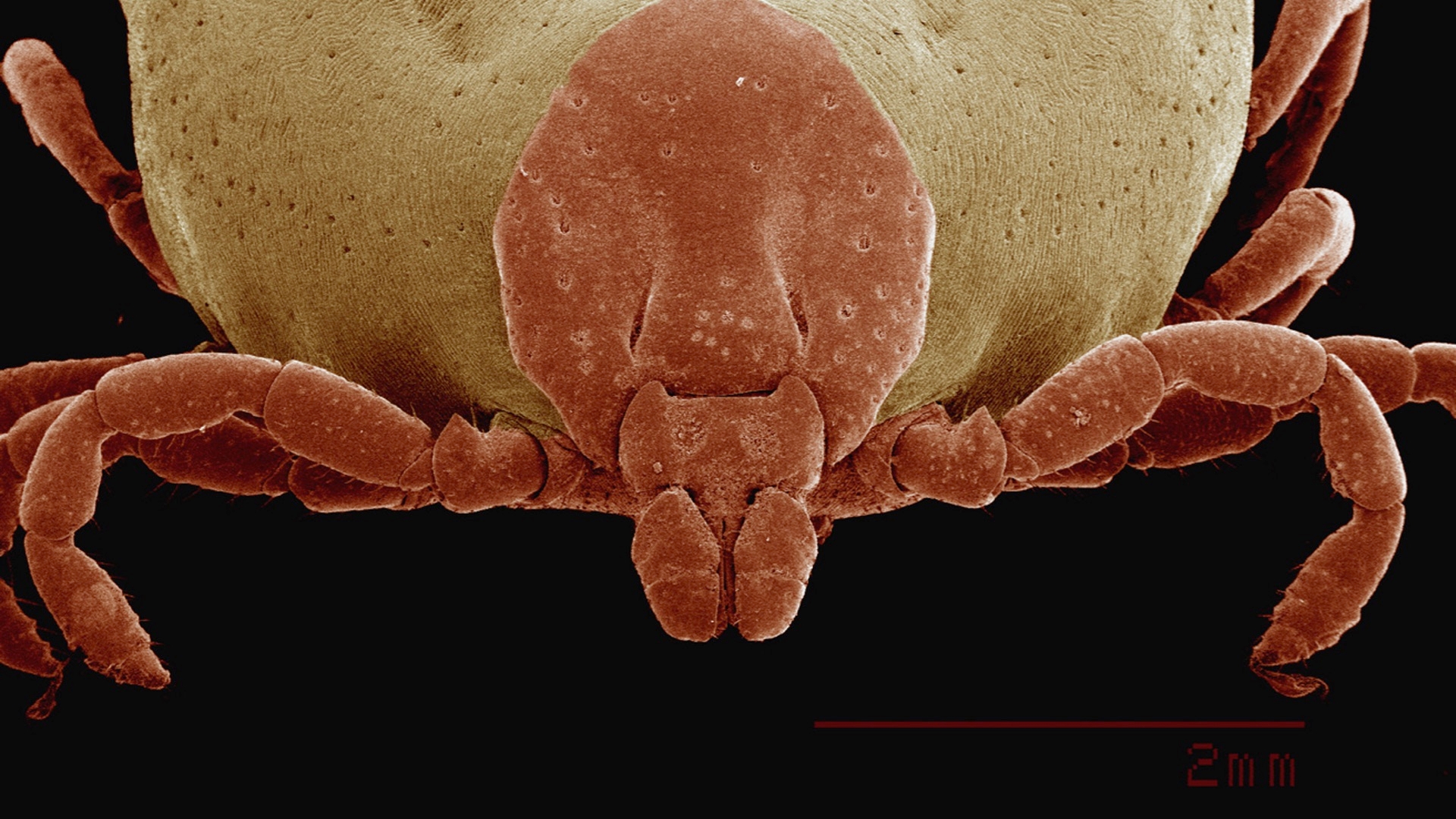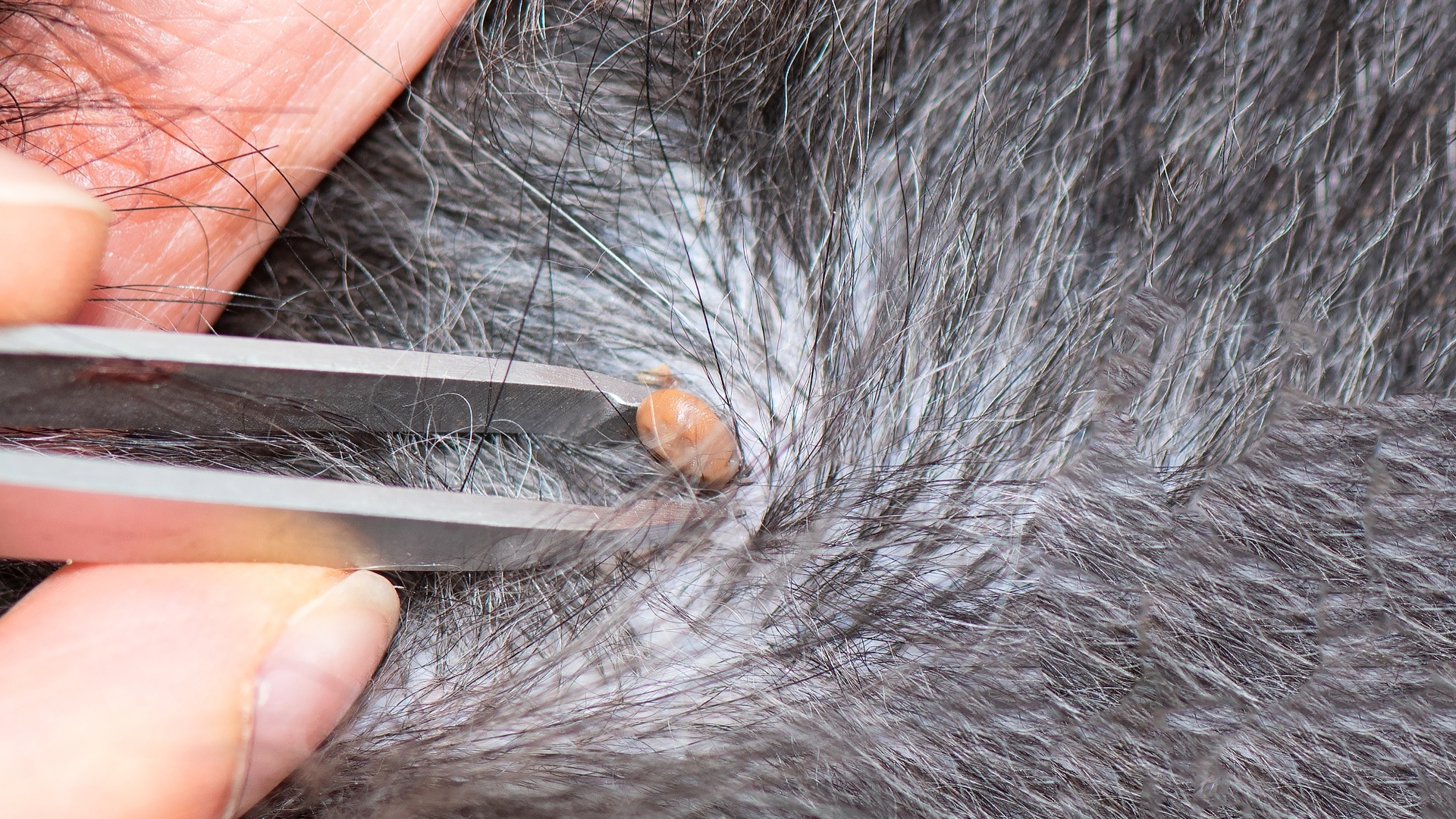Pets:
The tag "pets" relates to: cat, dog, dog training, health, pet adoption, pet health, pet training, responsible pet ownership, tips, and training. For more tags, view our complete tag index.
The following blog entries have been tagged "pets".

Bringing a dog into your family causes great joy all around. But making a commitment to a dog is much like making a commitment to a human being: Both relationships require daily care and nurturing in order to flourish. So, as you embark on this new commitment, here are some promises to consider making to your dog.

Rabies
HHS
onRabies is a fatal but preventable viral disease. It can spread to people and pets if they are bitten or scratched by a rabid animal. In the United States, rabies is mostly found in wild animals like bats, raccoons, skunks, and foxes. However, in many other countries dogs still carry rabies, and most rabies deaths in people around the world are caused by dog bites.

As described in Adopting the Right Cat for You, set up a room as a home base for your new cat—this will allow for a gradual introduction to the family. For the first 72 hours, do nothing. It is important to allow your new cat to become accustomed to her surroundings. Your new cat is not only acclimating to home base, she also is using her fine-tuned senses to discover what is beyond the closed door of her home base, including resident cats.

Fleas are the most common external parasite of pets in North America. That means it's highly likely that your pet will encounter them at least once in their lifetime. Fleas are small wingless insects that use their specialized mouth to pierce the skin and siphon blood from their host. Learn how you can prevent, reduce or eliminate flea infestations.

Spot-on flea and tick products are liquid pesticides applied to a "spot" on the pet's skin, usually around the back of the neck or shoulder area. No flea and tick products are marketed specifically for use on reptiles, rabbits, ferrets, and other furry pets. Ask your veterinarian for advice on treating fleas and ticks on these and other exotic pets.

You must first decide whether or not you want a kitten or a cat. There are advantages and disadvantages to each. A kitten will adjust more easily to your lifestyle than will an adult cat. But, an adult cat will already have gone through that rambunctious, crazy period. It is easier to recognize the personality type, e.g., shy or outgoing, if the cat is half-grown or older. The most important consideration is whether or not the cat is healthy and psychologically undamaged.




